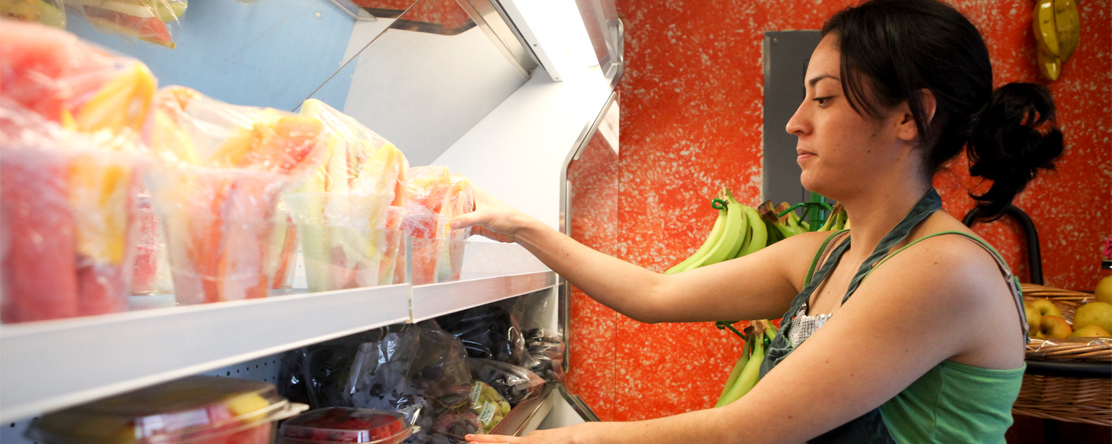
Press Release
Jobs, Revenue Rise after Berkeley Soda Tax
-
Expertise
Public Policy Advocacy

Food Sector Revenue Increased 15%, 469 New Food Sector Jobs, a 7.2% Increase
Oakland, CA (May 16, 2017) — A new analysis of City of Berkeley economic data, released by a Public Health Institute researcher today, found that a year and a half after passage of the nation’s first large soda tax, food sector sales tax revenue rose by 15% in the city, and 469 new food sector jobs were created—an increase of 7.2%.
This analysis of city sales tax revenue and employment data comes on the heels of an April 2017 PHI evaluation study that showed sugar sweetened beverage purchases declined by 9.6% in Berkeley as a result of the one cent per ounce tax and grocery bills did not rise. Together, the two studies help paint a fuller picture of the economic and behavioral impact of the policy.
“The soda tax is working, from every angle,” said Lynn Silver, MD, MPH, of the Public Health Institute, who led the analysis. “People are buying less soda and more water, while Berkeley food businesses and jobs are thriving. It’s exactly what you would want to see in a successful policy.”
In Berkeley and other cities with soda tax proposals on the table, the American Beverage Association has alleged that soda taxes would hurt business or cost jobs. This analysis, which compared pre-tax data through to the most recent available data for the food sector, found that not only was the food business not hurting, but it grew faster than other sectors.
“Contrary to industry messages, this new data suggests that the soda tax did not harm the Berkeley economy and more people are gainfully employed in our food sector,” said Berkeley City Councilmember Linda Maio.
The tax became effective March 1, 2015, and Berkeley’s sales tax revenue continued to increase after the tax. The greatest rise was precisely in the food products sector where sales tax revenue went up 15% between July 2014 and December 2016.
Similarly, employment across food sector establishments continued to rise overall by 7.2% between April 2014 and June 2016, with 469 jobs added. Employment in limited service restaurants rose by 18.9%, full service restaurants by 5.6%, and in supermarkets and grocery stores by 2.6%—the three largest employer types in the food sector.
Learn more at bit.ly/sodataxjobs
###
Media contact: Ann Whidden, Director of Communications, awhidden@phi.org
Berkeley Evaluation of Soda Tax Project
The Public Health Institute NCDHub
Lynn Silver, MD, MPH lsilver@phi.org
About the Public Health Institute
The Public Health Institute, an independent nonprofit organization, is dedicated to promoting health, well-being and quality of life for people throughout California, across the nation and around the world.
More Updates
Work With Us
You change the world. We do the rest. Explore fiscal sponsorship at PHI.
Support Us
Together, we can accelerate our response to public health’s most critical issues.
Find Employment
Begin your career at the Public Health Institute.



